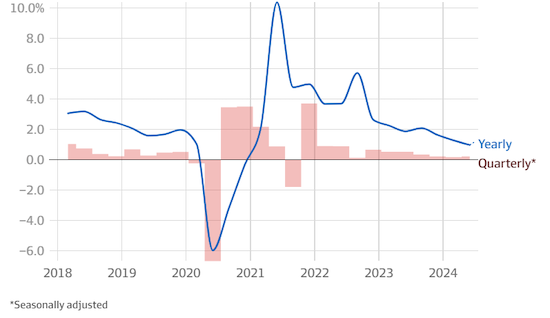Privacy Policy
What Personal Information Do We Collect?
The personal information that we collect will depend on your relationship with us and the service(s) you or your organisation have engaged us to provide or are interested in. It may include:
Name and contact information (including telephone and mobile number, email address and residential and postal address);
Individual information (including racial or ethnic origin(s), language(s) spoken, religious belief(s) and affiliation(s), date of birth, age, place of birth, gender(s), occupation(s), employment and qualification details, financial records, income details, asset listings, taxation records, bank account details, insurance policies, medical history, disability status, criminal record and Court records);
Payment and transactional information (including banking and credit card details);
Other personal or sensitive information (including information contained in communications or documents, any information required due to the nature of your matter, or information we are required to or permitted to collect by law).
Collecting Personal Information
HOW WE COLLECT PERSONAL INFORMATION
We may collect your personal information directly from you or in the course of our dealings with you. For example, we collect personal information from you or about you from:
Correspondence between you and us;
Meetings and interviews with us, telephone calls with us, the instructions you provide to us;
Visits to and submissions you make on our website;
Your interactions with our electronic direct mail and/or emails from our marketing campaigns (such as clicks on links included in these emails); and
Registration and forms you may fill in for our marketing-related activities and events.
WHY WE COLLECT, HOLD AND USE PERSONAL INFORMATION
We collect and hold your personal information for a variety of purposes, and you permit us to use it:
To provide you with our services and carry out our business functions;
For purposes related to the provision of our services such as , educational briefings, seminars and coaching and other service offering updates, conducting client satisfaction surveys and feedback requests, statistical collation and website traffic analysis;
Where you have consented to its use or disclosure;
Where we reasonably believe that use or disclosure is necessary to lessen or prevent a serious, immediate threat to someone's health or safety or the public's health or safety;
Where we reasonably suspect that unlawful activity has been, is being or may be engaged in and the use or disclosure is a necessary part of our investigation or in reporting the matter to the relevant authorities;
Where such use or disclosure is required under or authorised by law (for example, to comply with a subpoena, a warrant or other order of a court or legal process);
Where we reasonably believe that use or disclosure is necessary for the prevention, investigation, prosecution and punishment of crimes or wrongdoings or the preparation for, or conduct of, proceedings before any court or tribunal (or the implementation of orders of a court or tribunal or on behalf of an enforcement body);
To develop and improve our business, products and services; and
For any lawful purpose.
Where we wish to use or disclose your personal information for other purposes, we will obtain your consent.
HOW WE HOLD AND STORE PERSONAL INFORMATION
Your personal information is held and stored on paper, by electronic means or both. We have physical, electronic and procedural safeguards in place for personal information and take reasonable steps to ensure that your personal information is protected from misuse, interference, loss and unauthorised access, modification and disclosure:
Data held and stored on paper is stored in a secure premises.
Data held and stored electronically is protected by internal and external firewalls, high encryption and all access to electronic data including databases requires password access
Access to personal information is restricted to staff and contractors whose job description requires access. Our employees and contractors are contractually obliged to maintain the confidentiality of any personal information held by us.
We undertake regular data backups, with the data copied and backed up to multiple locations for redundancy purposes.
Our staff receive regular training on privacy procedures.



